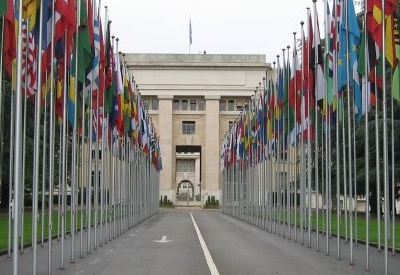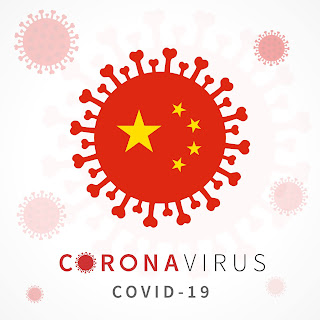China checking the pulse of Taiwan by courting Moscow
Chinese Foreign Minister ‘Director of the Office of the Central Foreign Affairs Commission’ Wang Yi visited Moscow this week in an apparent bid to find common ground for a peaceful solution to the Russia – Ukraine war. The trip to Moscow was a stop during a European tour including officials from Germany, France, and Italy. Make no mistake, China is testing the resolve of European G-7 nations and their support for Ukraine. China and US relations are at a low point and are being challenged further with the United States officials visiting Taiwan and lending their support. In addition, China continues to insist on sovereignty of the South China Sea. The United States continues to "fly, sail, or operate where international law allows.” Ironically, the United States has not signed on to UNCLOS (United Nations Convention on the Law of the Sea - 1982) that would binds them to acknowledging the sovereignty of nations where they travel i.e. fly and/or sail. Therefore, Chinese officials have a legitimate beef with the hegemonic nature of United States activity, particularly, since 1945.
Xi Jinping, embarking on his third term as China’s President, has made a point of consolidating power in the Politburo and has surrounded himself with loyalists in order to maintain control of the political decision-making apparatus. In doing that, he is challenging America's influence on the "rules-based international order" that seeks to position China as an alternative to America's influence regarding political decision-making, and hold on the international financial system – Bretton Woods currency system (1944.)
China's surveillance tactics are giving away their true intentions. That can be seen with the recent balloon controversy in the United States and in Canada. Moreover, Chinese officials have opened police stations in various countries undermining those countries legal systems. So, while America flout's her power for all to see, China is using a piecemeal approach to solidify its goals. Scholars can refer to the "17 point agreement" that China agreed to with Tibet in 1951, and slowly reneged on each point using their military prowess to gain a foothold inside Tibet. Once established in Lhasa, Chinese authorities began the process of creating the conditions for cultural genocide and systemic racial discrimination against Tibetans by integrating Han Chinese into various governmental positions including and among Tibetans at the community level, as well.
Therefore, it is not a question of hoping that Chinese officials will play by the international rules-based order, which they have proven they will not, despite WTO membership since 2001; it is a matter of democracies ability to recognize that they have to alter their perception of China's influence within their borders. In this case, democracies have to rebalance the economic benefits of doing business with an aggressive China to the threat that China imposes on a given nation states sovereignty.
Taiwanese officials are on high alert to an impending attack on their homeland that China insists is part of the Mainland. Territorial integrity means little to Chinese officials who insist on imposing the ‘1992 Consensus’ that would have resulted in a “one country, two systems” approach to governing Taiwan within the PRC. Taiwanese see the strong armed tactics of the Mainland on Hong Kong (reneging on the British handover to China in 1997) to know that Taiwanese democracy will be under siege with China’s occupation of the island - democracy. Taiwanese need only look back to the failed promises of China led by Mao to a young inexperienced Dalai Lama to recognise the need to incorporate Western influence to safeguard their sovereignty. It is too late for Tibet; the window is closing for Taiwan.
Indeed, Russia’s failure in Ukraine is providing valuable lessons for China’s hierarchy when they decide to go "all - in" on Taiwan. However, will Western aid be spent by this point in time?





